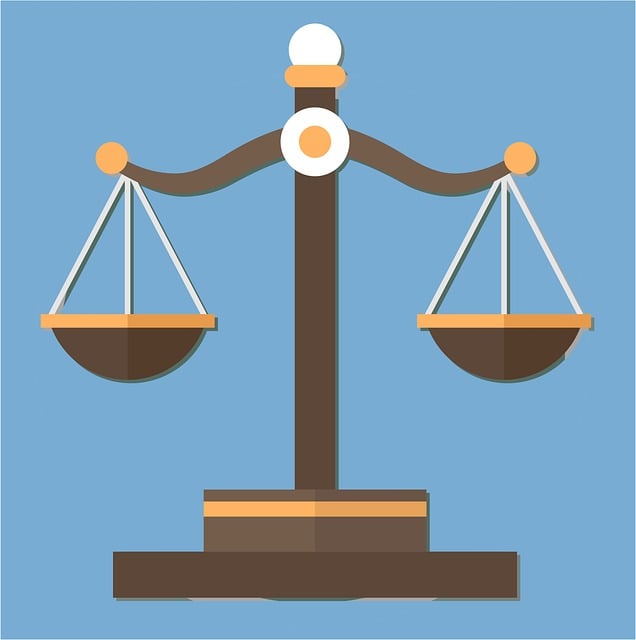Regulatory compliance is essential for upholding the Right to a Fair Trial as guaranteed by the Constitution, protecting citizens' rights throughout legal processes. Non-compliance can lead to miscarriages of justice and legal repercussions, underscoring the duty of legal professionals to navigate complexities for integrity and their clients' interests. Achieving regulatory excellence requires strategic interpretations, fostering trust, and upholding judicial system integrity to ensure perceived protection of everyone's rights. Legal professionals play a critical role in guiding clients through processes, advocating rights, and ensuring procedural fairness by staying informed, employing strategic defenses, and promoting transparency.
Regulatory compliance is essential for upholding the Right to a Fair Trial, as it ensures that legal standards and constitutional principles are rigorously followed. This article delves into three critical aspects: understanding regulatory compliance as the cornerstone of fair trial rights, exploring constitutional implications of adherence to legal standards, and presenting strategies to navigate complexities while safeguarding individual liberties. By examining these key elements, we can better appreciate the intricate balance between regulation and the fundamental Right to a Fair Trial.
- Understanding Regulatory Compliance: The Cornerstone of Fair Trial Rights
- Constitutional Implications: Ensuring Adherence to Legal Standards
- Strategies for Navigating Complexities: Protecting Individual Liberties
Understanding Regulatory Compliance: The Cornerstone of Fair Trial Rights

Regulatory compliance is a fundamental aspect of ensuring justice and upholding the Right to a Fair Trial as guaranteed by the Constitution. It serves as the cornerstone that safeguards citizens’ rights during all stages of the investigative and enforcement process, right up to jury trials. Understanding and adhering to these regulations are essential for maintaining public trust in the legal system.
When individuals or organizations fail to comply with established rules and laws, it can lead to significant consequences. These may include delays in legal proceedings, compromised evidence handling, and even potential miscarriages of justice. Therefore, legal professionals have a duty to navigate the complex landscape of regulatory compliance, ensuring that their actions protect not only their clients’ interests but also the integrity of the entire judicial process.
Constitutional Implications: Ensuring Adherence to Legal Standards

Regulatory compliance is not merely an administrative task; it has profound constitutional implications, particularly when it comes to ensuring a fair trial. The right to a fair trial, enshrined in the Constitution, is a cornerstone of any democratic society. This right includes the guarantee that laws are applied evenly and justly, protecting corporate and individual clients alike from arbitrary or unjust actions. Non-compliance with regulatory standards can lead to legal consequences, including, in severe cases, indictment and prosecution.
Achieving extraordinary results in regulatory compliance requires a deep understanding of not only the letter but also the spirit of the law. For businesses and individuals alike, navigating this landscape is crucial for avoiding potential pitfalls that could jeopardize their rights and interests. By adhering to legal standards, one can foster trust and transparency, ensuring that justice is not only served but also perceived as such by all parties involved. This, in turn, strengthens the integrity of the judicial system, reinforcing public confidence in our fair trial protections.
Strategies for Navigating Complexities: Protecting Individual Liberties

Navigating regulatory complexities while protecting individual liberties requires a balanced approach. At its core, this involves ensuring that laws and regulations respect and uphold the right to a fair trial as guaranteed by the Constitution. Across the country, legal professionals play a crucial role in guiding their clients through all stages of the investigative and enforcement process, advocating for their rights and ensuring procedural fairness.
By employing strategic legal defenses and staying informed about evolving regulatory landscapes, attorneys can help individuals maintain their liberties even in the face of stringent compliance requirements. This not only involves challenging unreasonable or arbitrary regulations but also promoting transparency and accountability throughout the regulatory process. Such efforts safeguard both justice and individual freedom, fostering a more equitable society.
Regulatory compliance is not merely an administrative task but a vital safeguard for the Right to a Fair Trial as enshrined in the Constitution. By understanding the complexities and implementing strategic solutions, we can ensure that legal standards are met, fostering a just and equitable justice system. This balanced approach, between regulatory adherence and individual liberties, is key to upholding the principles of a fair trial in our modern society.






